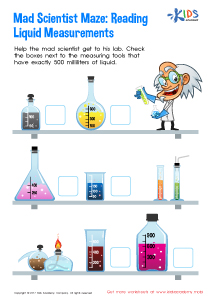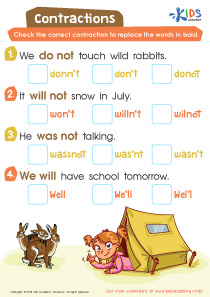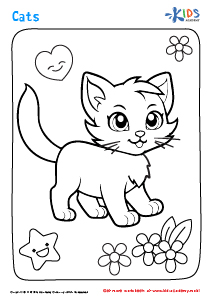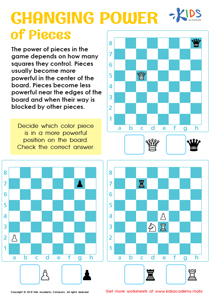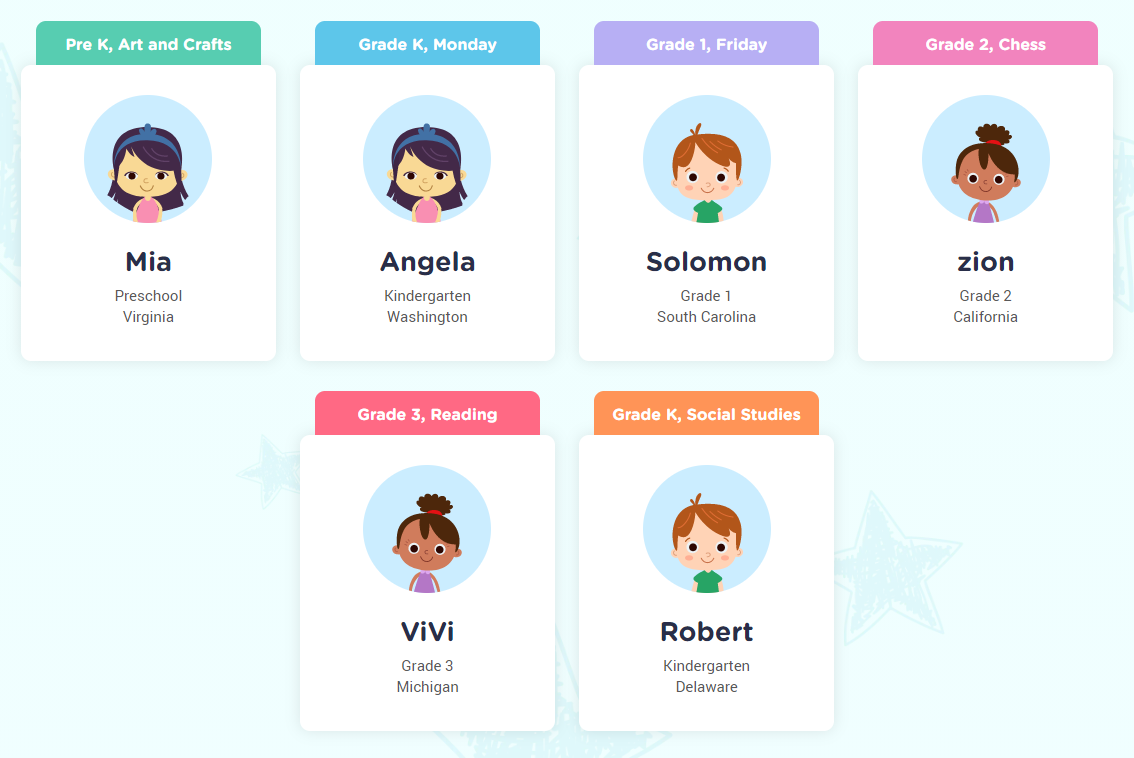Normal Social Studies Quizzes for Ages 4-6
1 results
1 filtered results
Clear all filters1 filtered results
-
From - To
Introducing our Normal Social Studies interactive assessment quizzes, expertly crafted for children ages 4-6! Engage your little ones with fun, educational quizzes designed to spark their curiosity about the world around them. These assessments not only check your child's knowledge but also provide meaningful feedback to encourage learning growth. Covering a wide range of age-appropriate Social Studies topics, our quizzes make learning about communities, cultures, and historical events exciting and accessible. Perfect for young learners, our Normal Social Studies quizzes for Ages 4-6 promise to make every learning moment count!
In today’s rapidly advancing educational landscape, innovative tools are continually being developed to enhance learning experiences for children. Among these, interactive quizzes, particularly in the realm of Normal Social Studies for Ages 4-6, have emerged as a remarkable resource for young learners. These interactive assessments are not just quizzes; they are gateways to understanding the world, tailored specifically for children in their formative years.
Normal Social Studies for Ages 4-6 is designed to be much more than a mere subject. It is a carefully curated journey through cultures, communities, basic economic principles, and the importance of good citizenship. At the tender ages of 4 to 6, children are at a crucial developmental stage, where their minds are incredibly receptive to new information and their curiosity about the world around them is boundless. This is why Normal Social Studies quizzes, crafted for this age group, play a pivotal role in shaping their understanding of societal norms and values.
These interactive quizzes are not just educational tools; they are designed to be engaging and fun, capturing the imagination of young minds while educating them. They incorporate vibrant visuals, relatable characters, and real-world scenarios that children can understand and relate to. This approach ensures that the learning experience is not only educational but also enjoyable, encouraging children to actively participate and engage with the content.
The interactive nature of these quizzes plays a significant role in the learning process. By providing immediate feedback, children can quickly grasp concepts and correct misunderstandings. This instant feedback mechanism helps reinforce learning and boosts the confidence of young learners, as they can see the results of their efforts immediately. Moreover, these quizzes are designed to be intuitive, allowing children to navigate through them with minimal assistance, fostering a sense of independence and self-directed learning.
Furthermore, Normal Social Studies for Ages 4-6 through interactive quizzes introduces children to the concept of diversity and inclusion from an early age. Through various scenarios and stories, children learn about different cultures, traditions, and ways of life, promoting empathy and understanding. This early exposure to social diversity is crucial in building a foundation for global citizenship and respect for all individuals, regardless of their background.
Educators and parents alike have recognized the value of these interactive quizzes in the educational journey of children. They serve as an excellent supplement to traditional learning methods, offering a dynamic and interactive approach to education that captivates young learners. By incorporating these quizzes into their study routines, children can enhance their understanding and retention of social studies concepts, making learning a continuous, engaging process beyond the classroom.
In conclusion, Normal Social Studies for Ages 4-6 through interactive quizzes represents a significant advancement in early childhood education. These quizzes not only simplify complex concepts for young minds but also ignite a passion for learning and understanding the world around them. As we continue to explore innovative educational tools, the role of interactive quizzes in shaping informed, empathetic, and curious future citizens cannot be underestimated.

